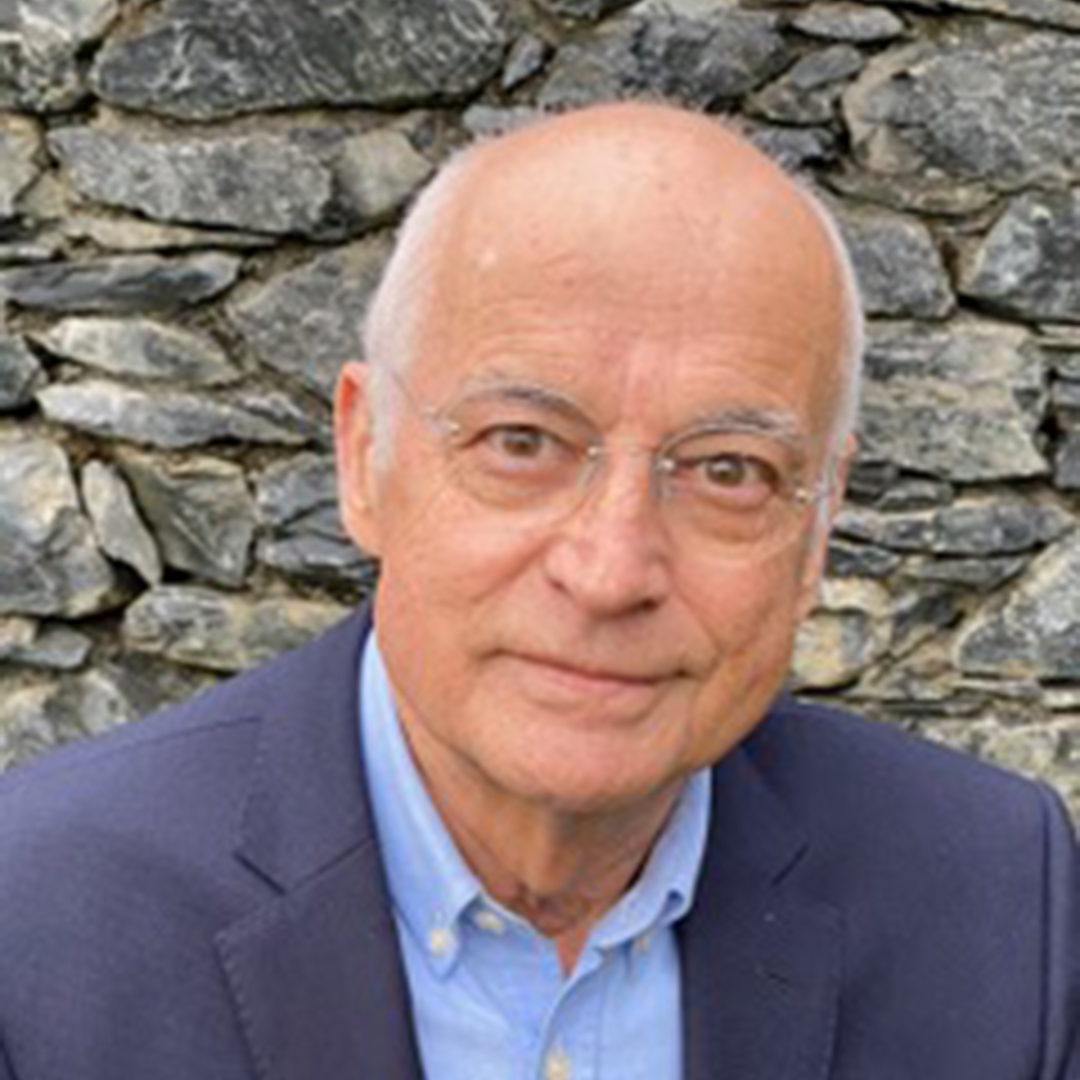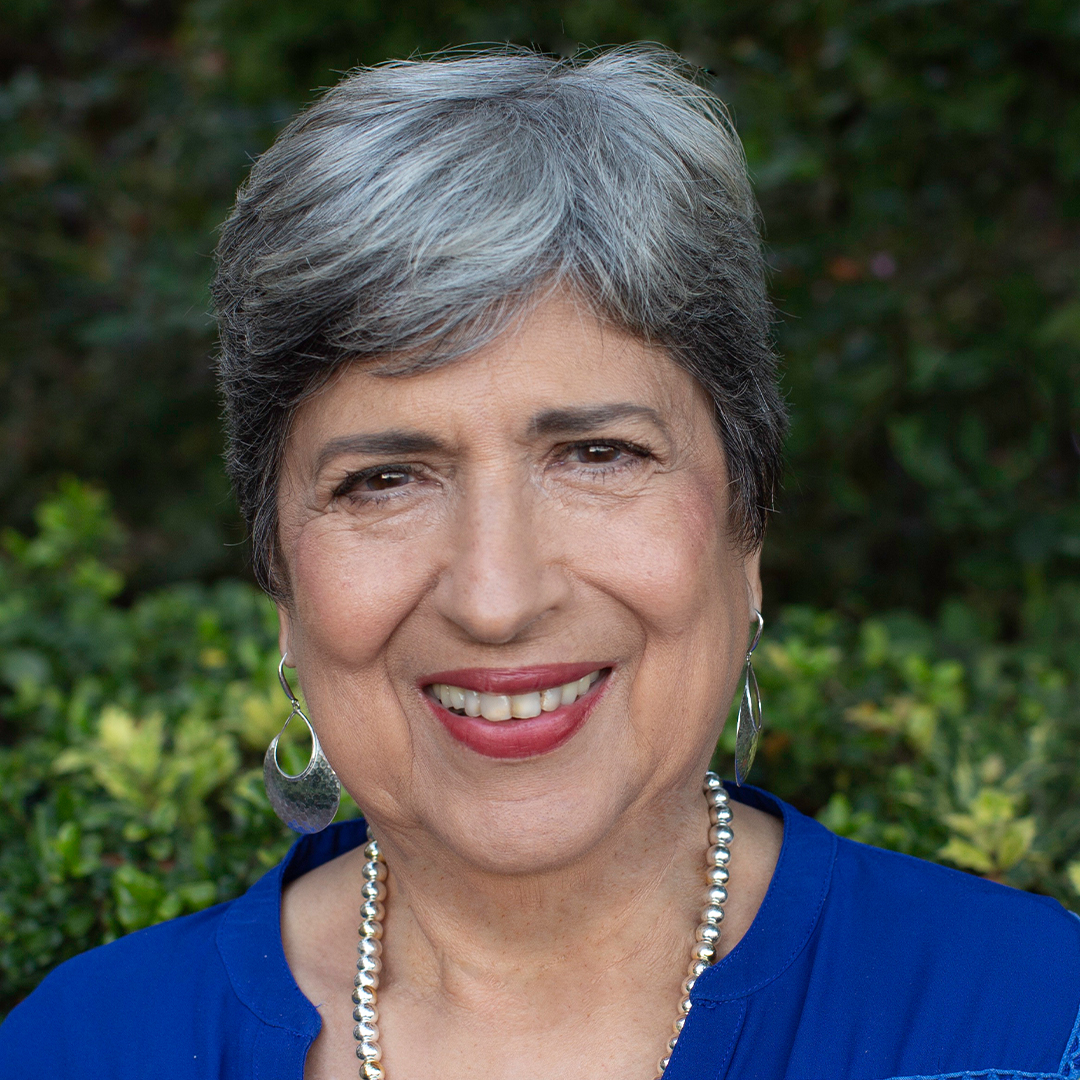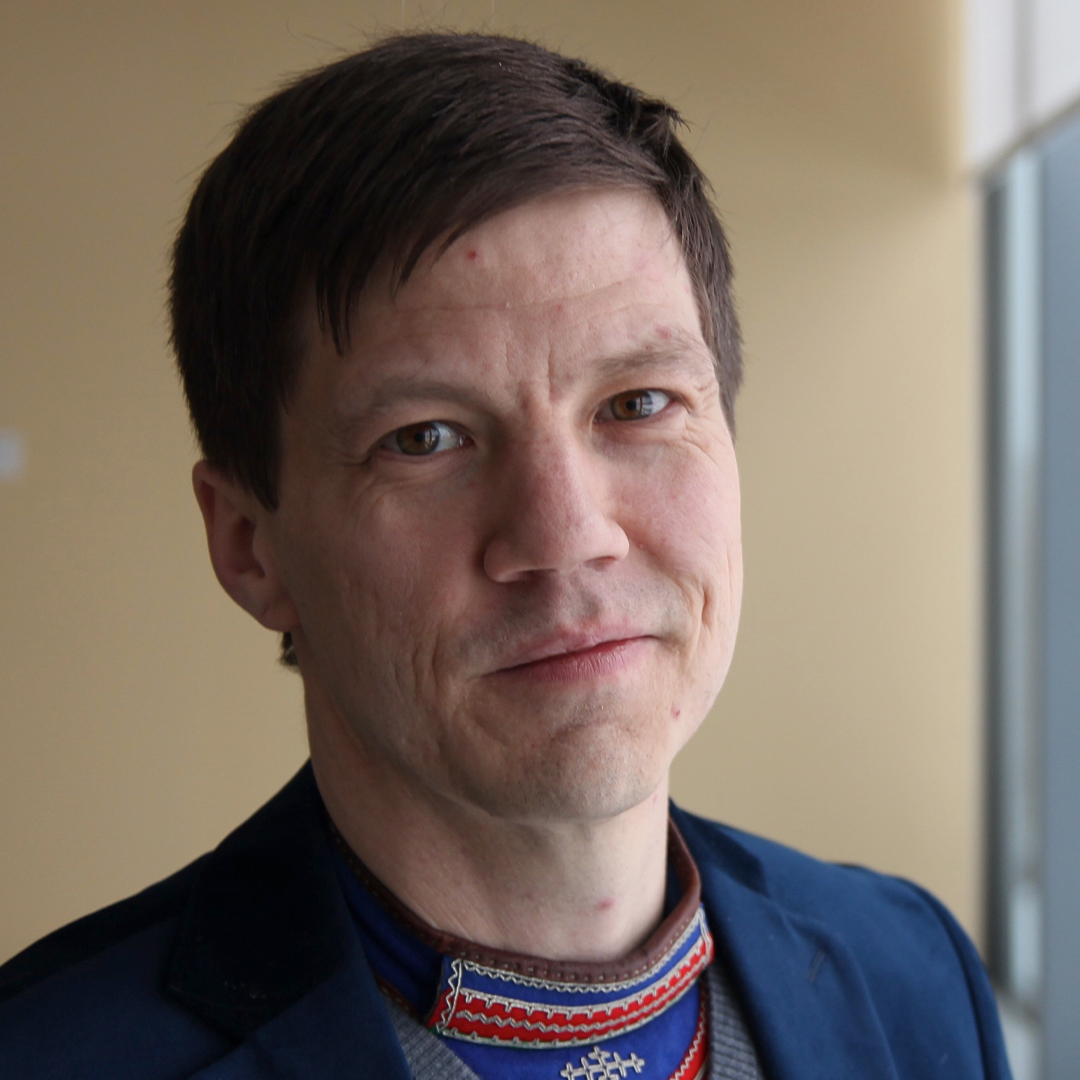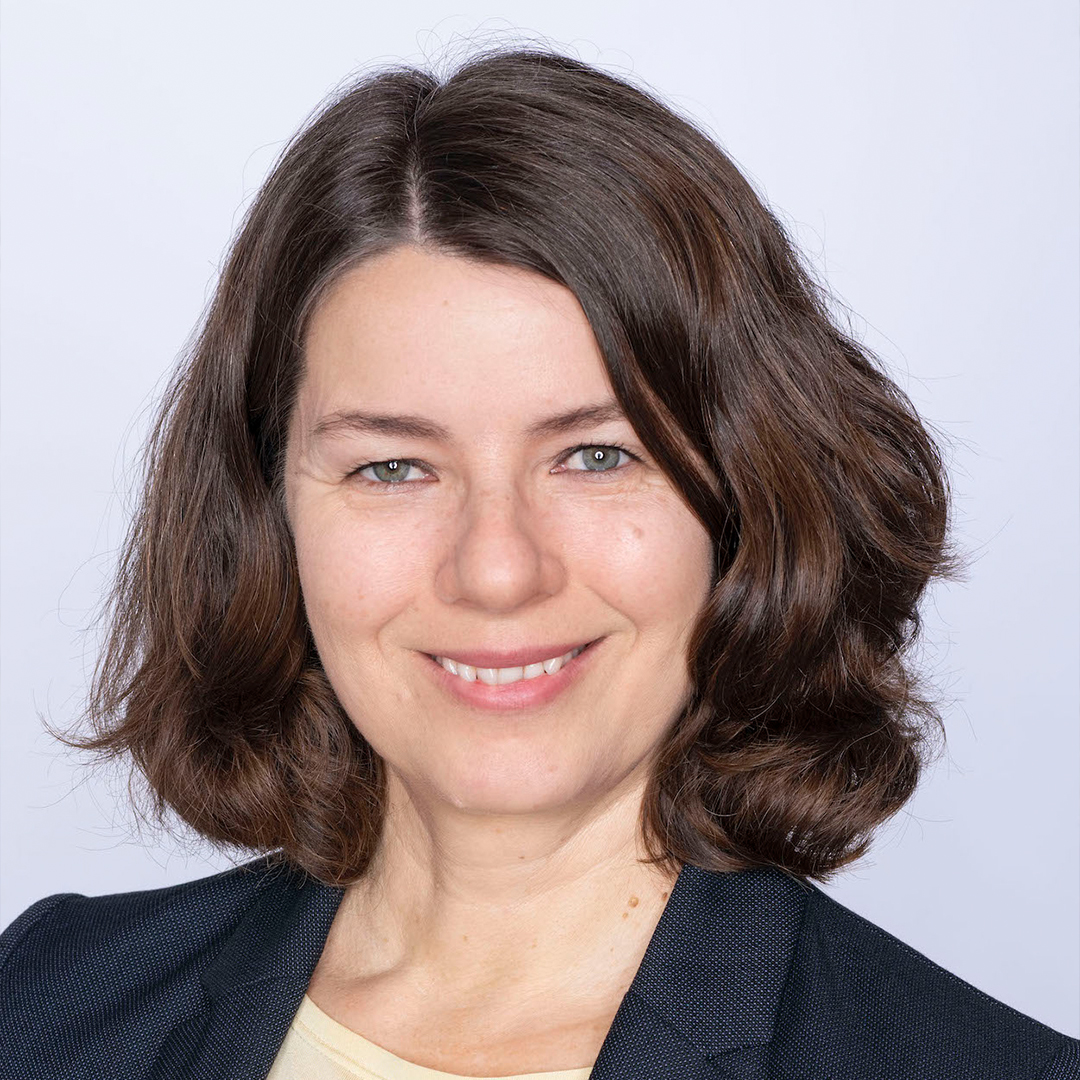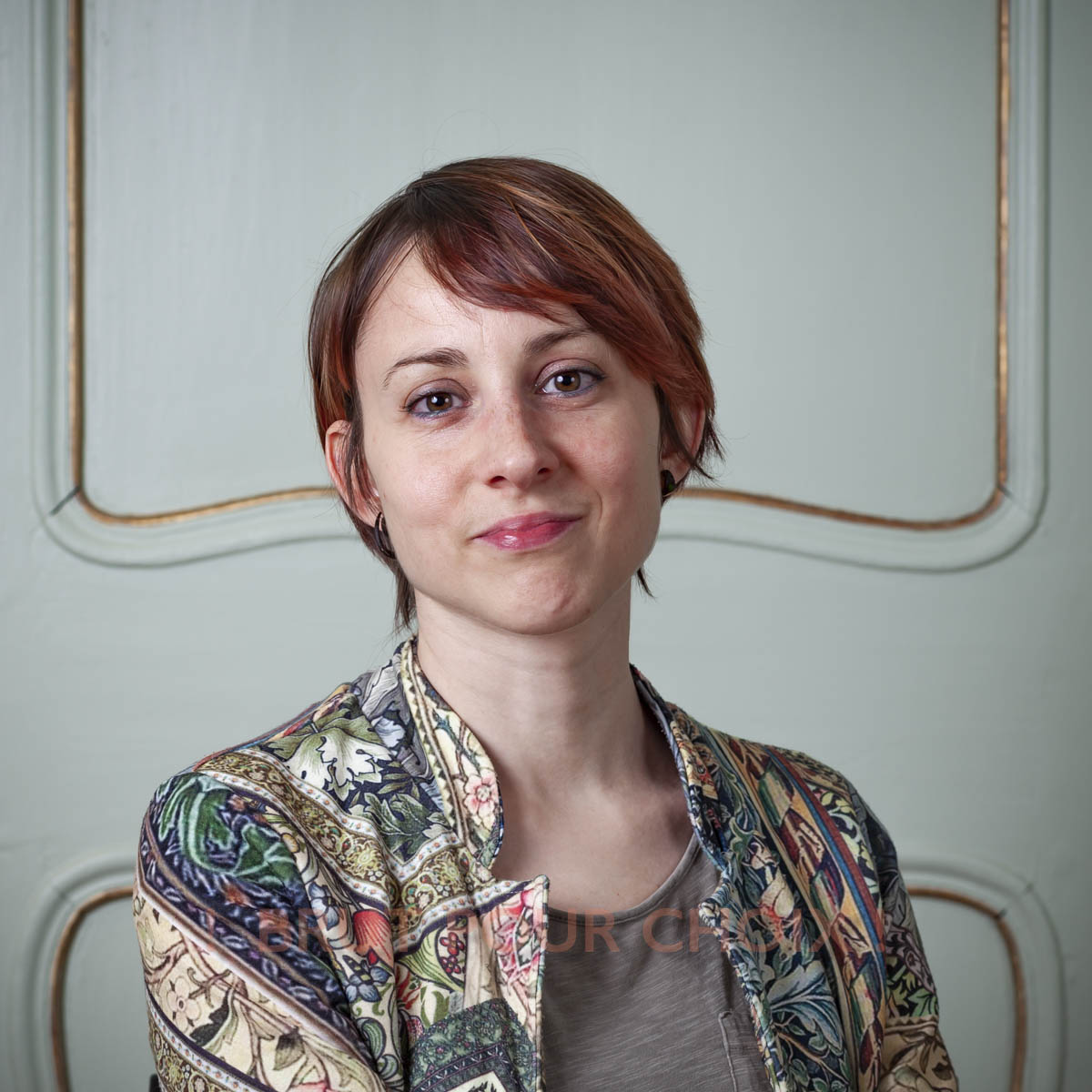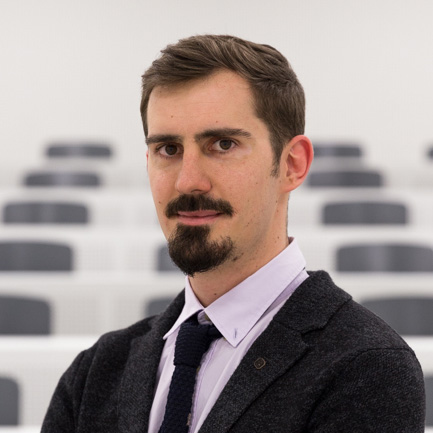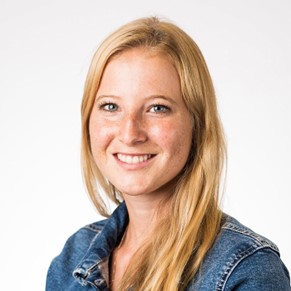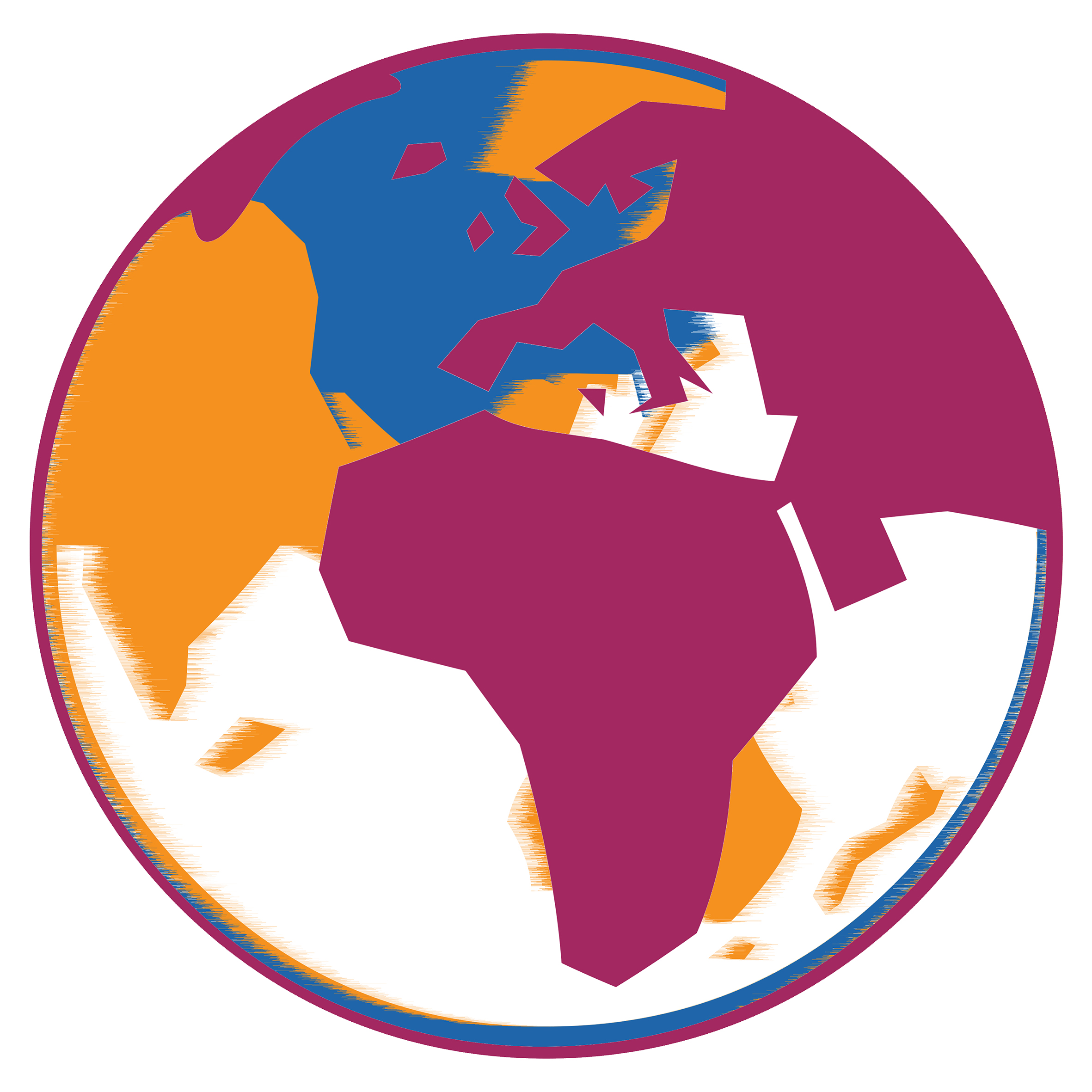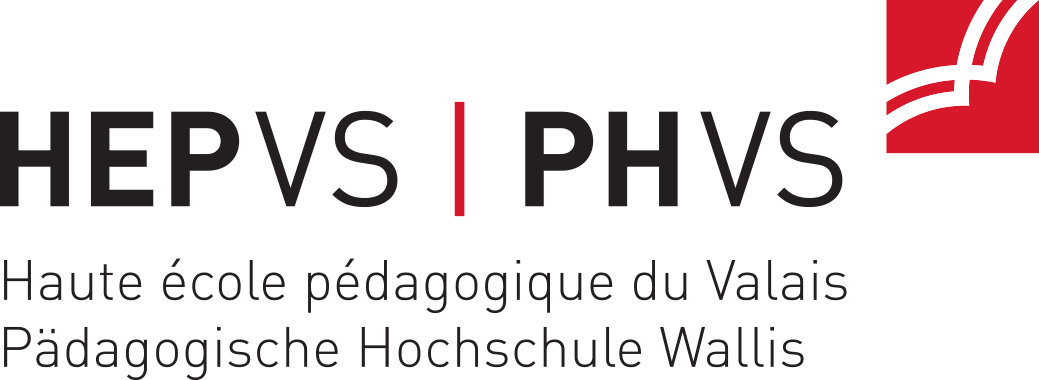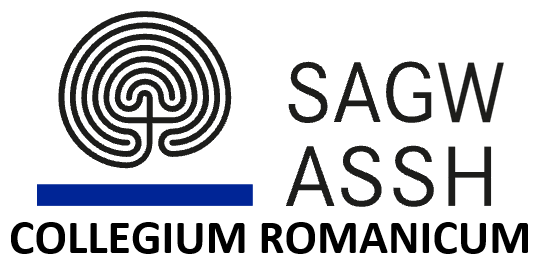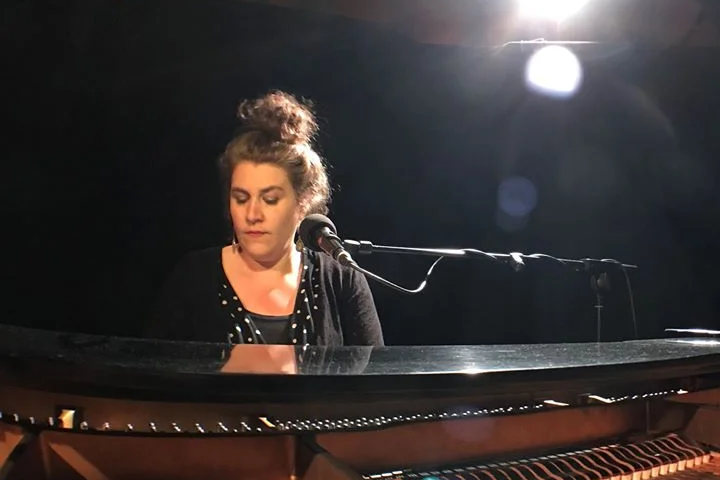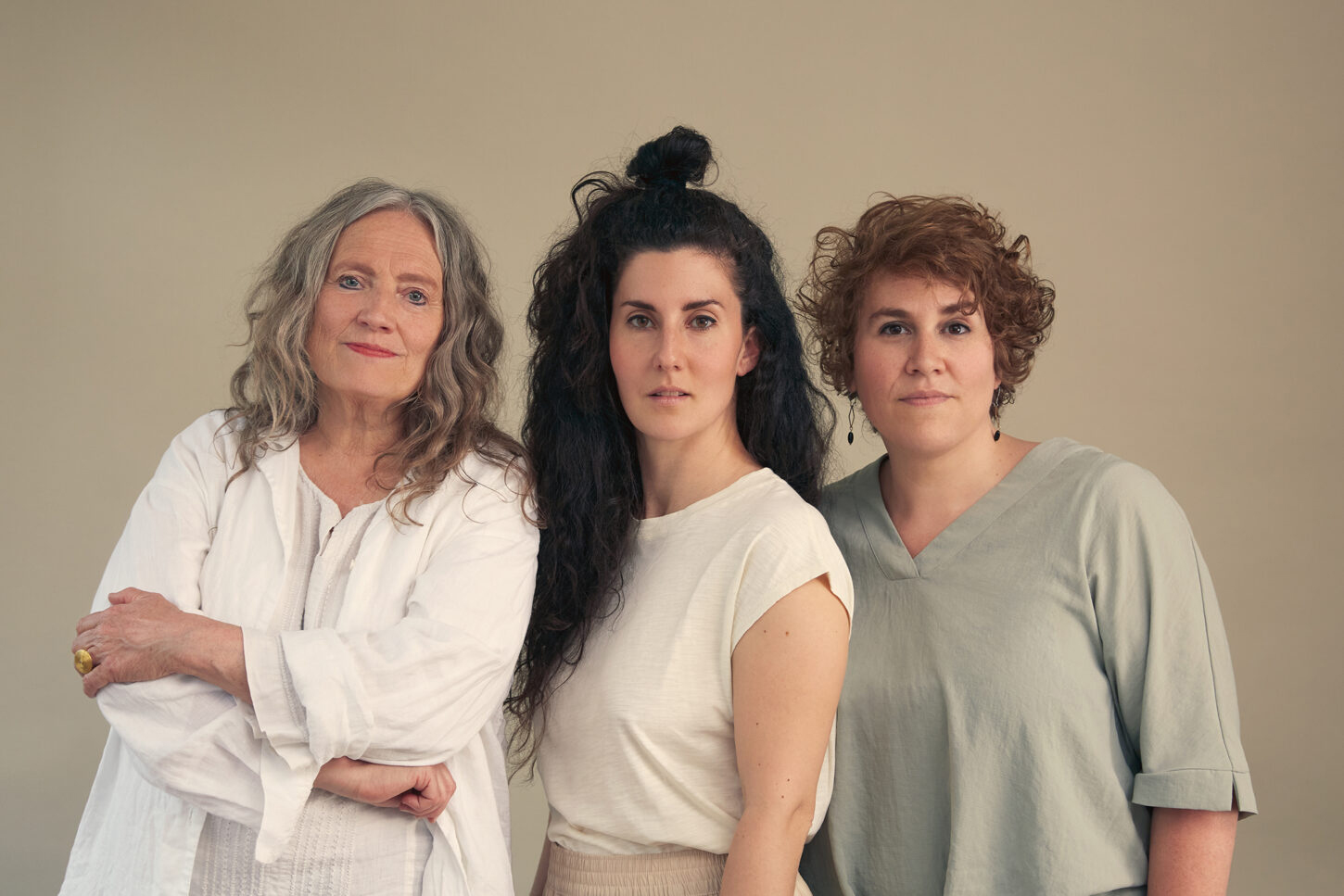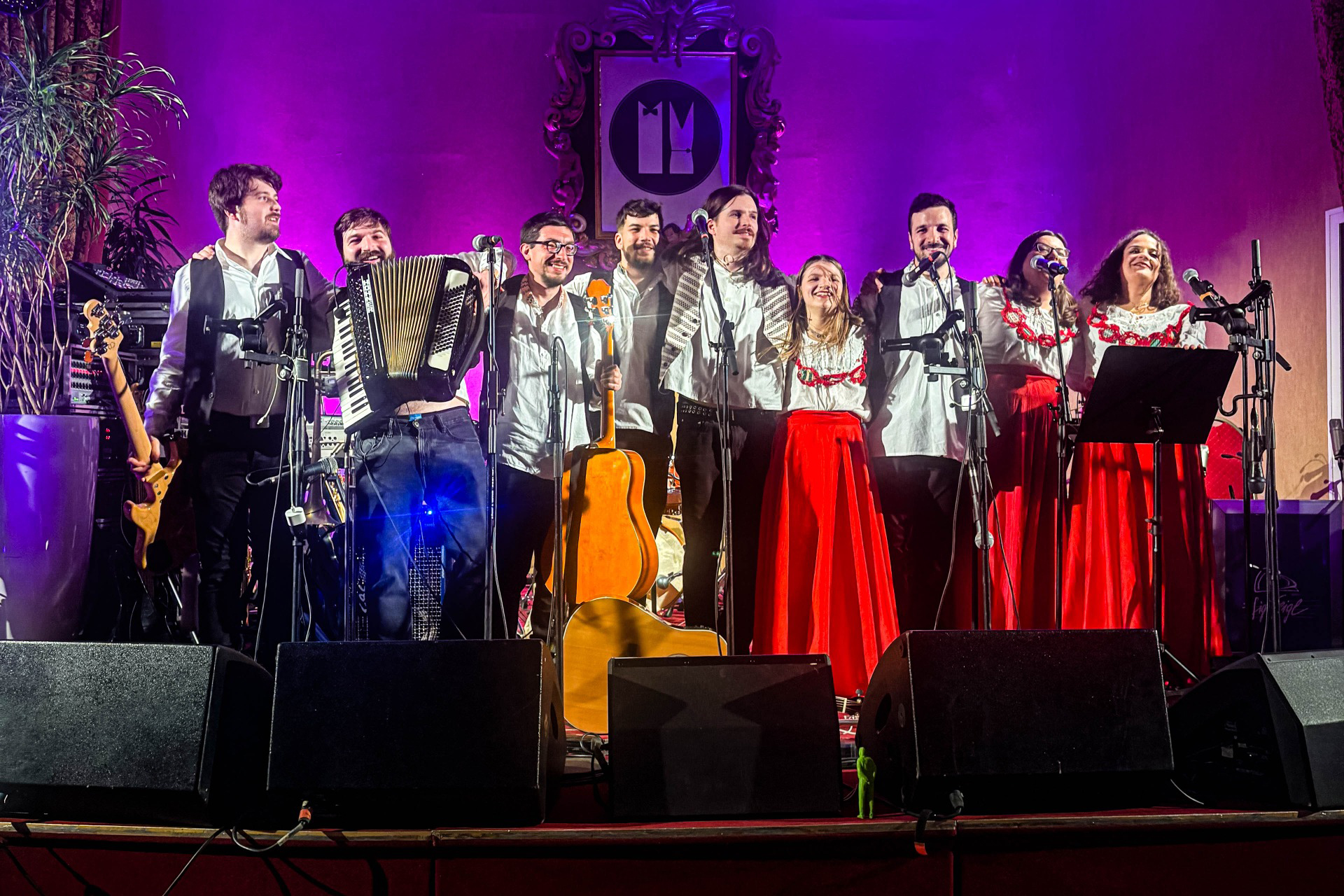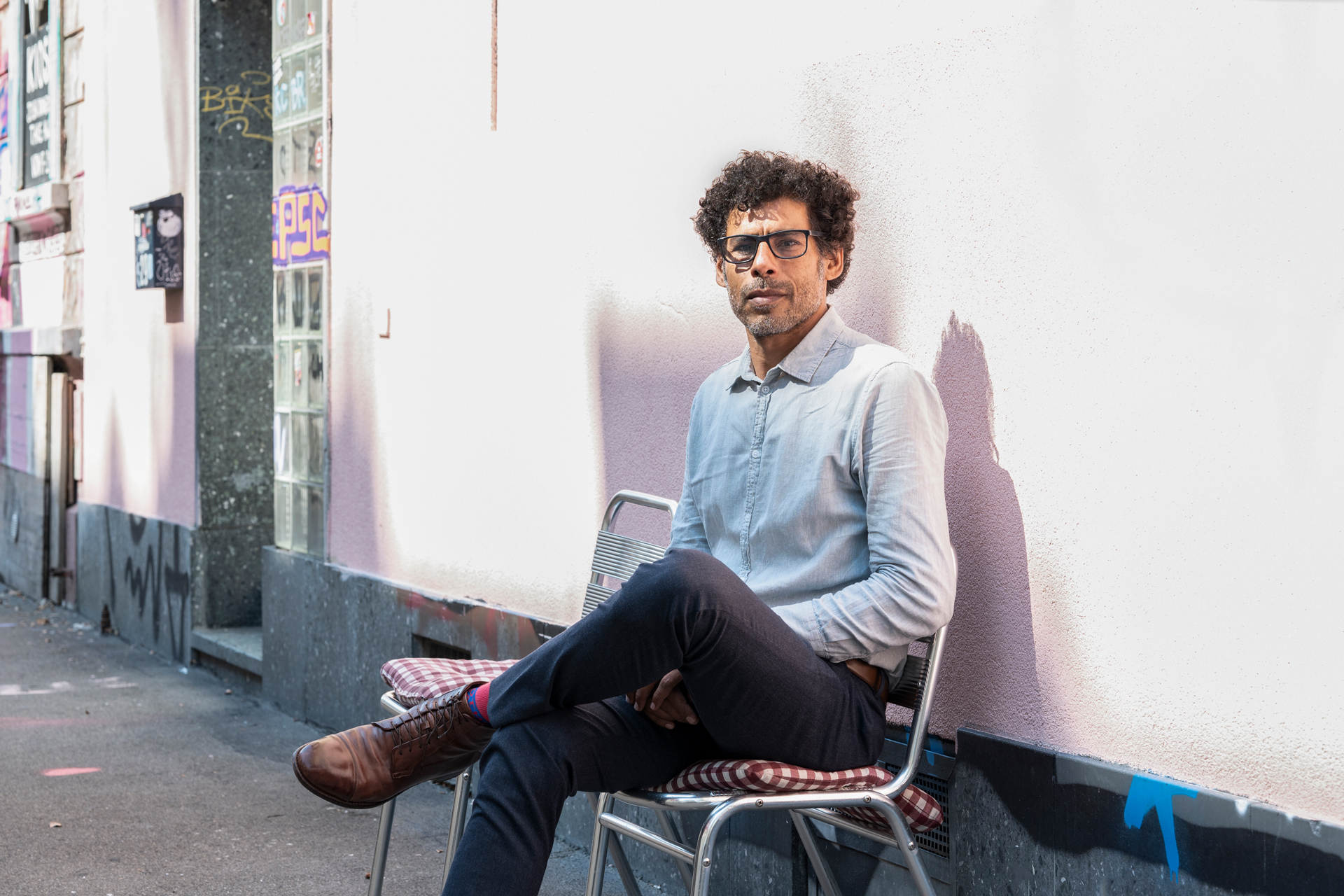Angerer-Pitschko, Magdalena (Pädagogische Hochschule Kärnten, Österreich)
Angster, Marco (Sveučilište u Zadru, Hrvatska)
Arnold, Gustav (Pädagogische Hochschule Luzern)
Asgari, Marjan (Freie Universität Bozen, Italien/Libera Università di Bolzano, Italia)
Berchio, Giulia (Pädagogische Hochschule Graubünden/IfM/UNIBE, Schweiz)
Berthele, Raphael (Université de Fribourg, Suisse)
Bitterli, Dieter (Pädagogische Hochschule Luzern)
Blanchet, Philippe (Université Rennes 2, France)
Bleichenbacher, Lukas (Pädagogische Hochschule St. Gallen)
Borloz, Erica (Pädagogische Hochschule Wallis)
Boudreau, Annette (Université de Moncton, Canada)
Büchler, Andrin (Pädagogische Hochschule Graubünden)
Bumann, Corinna (Pädagogische Hochschule Wallis)
Caglia, Dominique (Pädagogische Hochschule Graubünden)
Candelier, Michel (Le Mans Université, France)
Cathomas, Rico (Pädagogische Hochschule Graubünden, Schweiz)
Cerruti, Massimo (Università degli Studi di Torino, Italia)
Cordóba Hernández, Lorena (Universidad Autónoma Benito Juárez de Oaxaca, México)
Dal Negro, Silvia (Università di Bolzano, Italia)
Dammeyer, Jesper (Københavns Universitet, Danmark)
Dittmann, Alina (Państwowa Akademia Nauk Stosowanych w Nysie)
Domínguez, Luisa (Universidad de Buenos Aires)
Ferrarotti, Lorenzo (Università di Bergamo, Italia)
Finco, Franco (Pädagogische Hochschule Kärnten, Österreich)
Giblak, Beata (Państwowa Akademia Nauk Stosowanych w Nysie)
Giudici, Alberto (Pädagogische Hochschule Graubünden, Schweiz)
Grünert, Matthias (Universität Freiburg, Schweiz)
Hashiguti Tiemi, Simone (Universidade Estadual de Campinas, Brasil)
Hatoss, Anikó (University of New South Wales Sydney, Australia)
Hilsdorf Rocha, Claudia (Universidade Estadual de Campinas, Brasil)
Imhof, Andreas (Pädagogische Hochschule Graubünden)
Konstantinidou, Liana (Zürcher Hochschule für Angewandte Wissenschaften, Schweiz)
Krompák, Edina (Pädagogische Hochschule Luzern, Schweiz)
Kunz, Aline (Universität Bern, Schweiz)
Lambelet, Amelia (Haute école pédagogique Vaud, Suisse)
Linderoos, Petra (University of Jyväskylä)
Lucchetti, Cristiana (Universität Zürich, Schweiz)
Manna, Valeria (Pädagogische Hochschule Graubünden, Schweiz)
Manno, Giuseppe (Fachhochschule Nordwestschweiz, Schweiz)
Marina, Olena (Pädagogische Hochschule Luzern)
Meier, Kirsten (Pädagogische Hochschule Zürich)
Menghini, Luigi (Pädagogische Hochschule Graubünden, Schweiz)
Micali, Irene (Università di Firenze, Italia)
Moody, Zoé (Pädagogische Hochschule Wallis)
Moretti, Bruno (Universität Bern, Schweiz)
Moskopf, Maria Chiara (Pädagogische Hochschule Graubünden, Schweiz)
Murray, Clíona (University of Galway, Ireland)
Natale, Silvia (Universität Bern, Schweiz)
Negrinelli, Stefano (Pädagogische Hochschule St. Gallen, Institut dal Dicziunari Rumantsch Grischun, Schweiz)
Oechslin, Katharina (Pädagogische Hochschule Luzern)
Pfau, Roland (Universiteit van Amsterdam, Nederland)
Picenoni, Mathias (Pädagogische Hochschule St. Gallen, Schweiz)
Pons, Aline (Università degli Studi della Valle d’Aosta, Italia)
Rathmann, Christian (Humboldt-Universität zu Berlin, Deutschland)
Rellstab, Daniel Hugo (Pädagogische Hochschule Schwäbisch Gmünd)
Rosiak, Karolina (Uniwersytet im. Adama Mickiewicza w Poznaniu, Polska)
Rotzer, Bernhard (Pädagogische Hochschule Wallis)
Ruberval Franco, Maciel (State University of Mato Grosso do Sul, Brazil)
Salzmann, Sebastian (Pädagogische Hochschule Wallis)
Schmid, Stephan (Universität Zürich)
Schubiger, Patricia (Pädagogische Hochschule Luzern, Schweiz)
Šimičić, Lucija (Sveučilište u Zadru, Hrvatska)
Sorgo, Lara (Inštitut za narodnostna vprašanja Ljubljana, Slovenija)
Todisco, Vincenzo (Pädagogische Hochschule Graubünden, Schweiz)
Tomasuolo, Elena (Consiglio Nazionale delle Ricerche, Italia)
Witt, Monica (Państwowa Akademia Nauk Stosowanych w Nysie, Polska)
Wolfrum, Jutta (Universität Bamberg)
Wyss, Stefanie (Pädagogische Hochschule Luzern)



